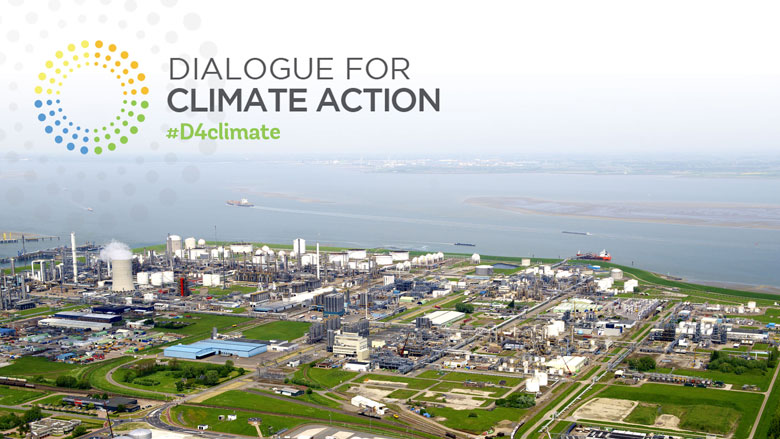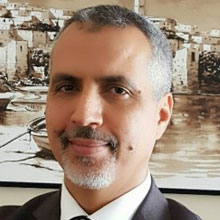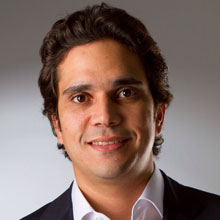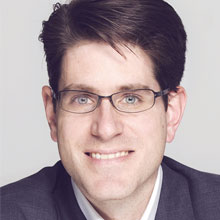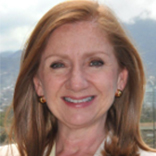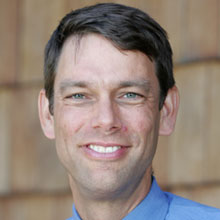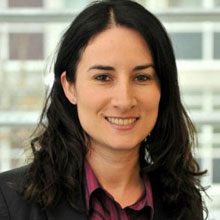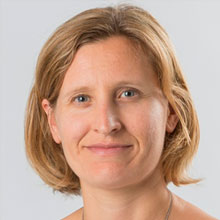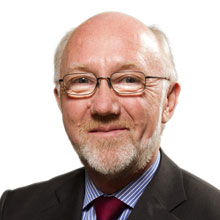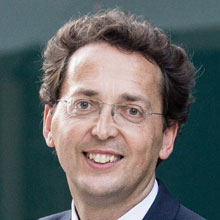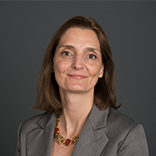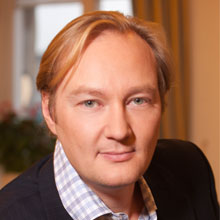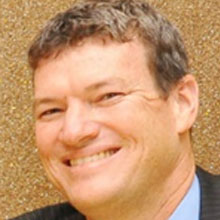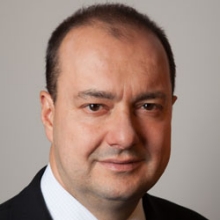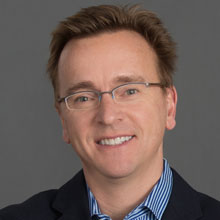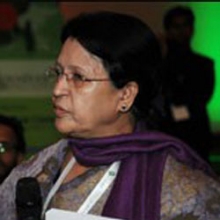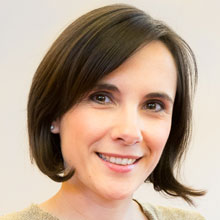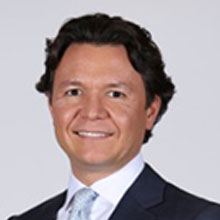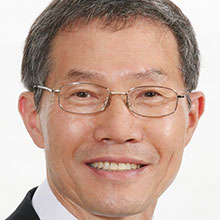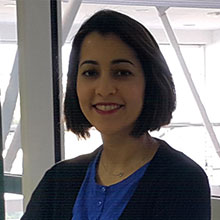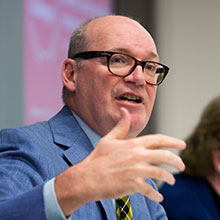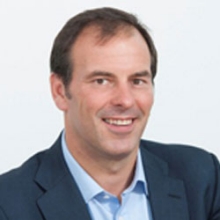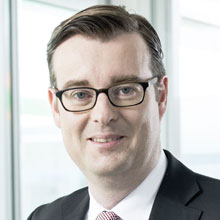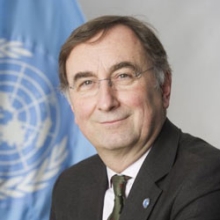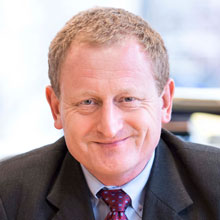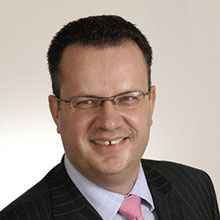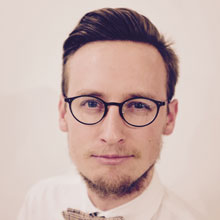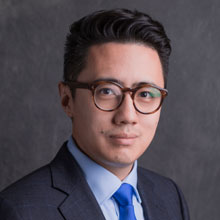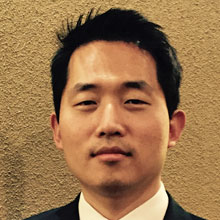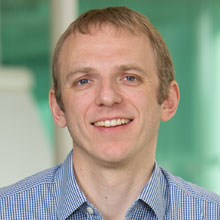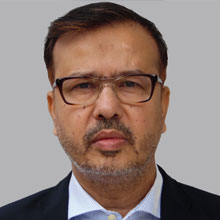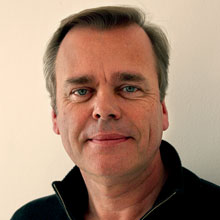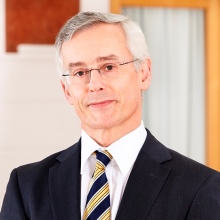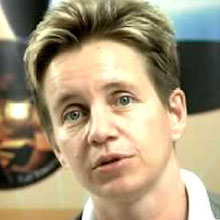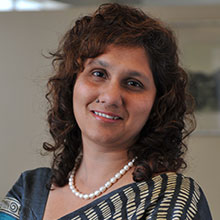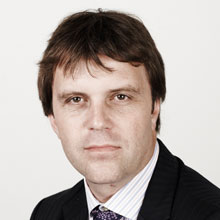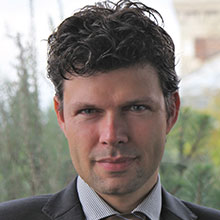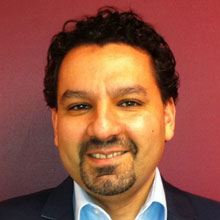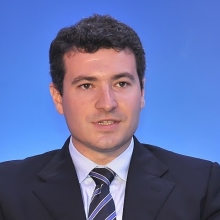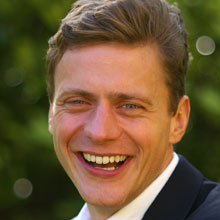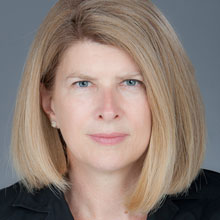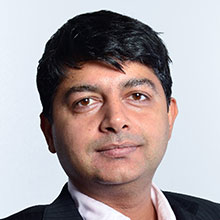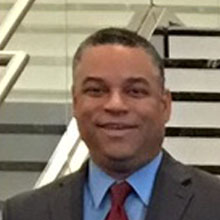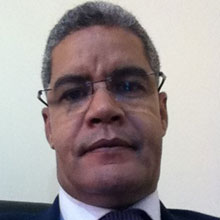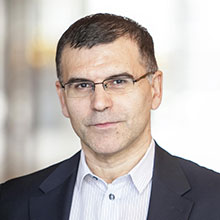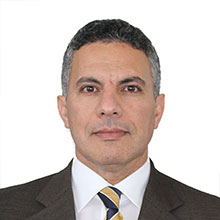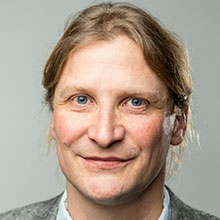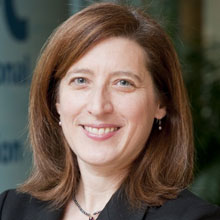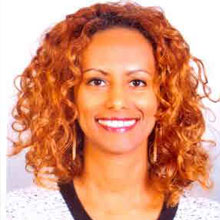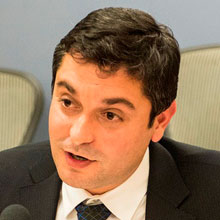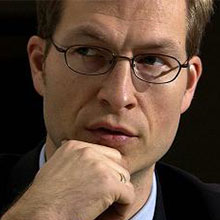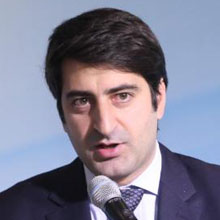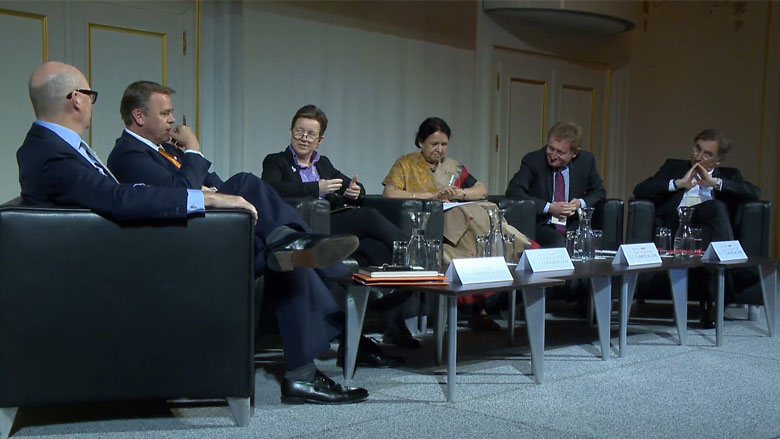May 24, Tuesday
8:00 – 09:00 Registration and Networking
09:00 – 09:05 Welcome Address - Anton MAIR || Deputy Director General of Development, Austrian Ministry for Europe, Integration and Foreign Affairs
09:05 – 09:15 Opening Remarks - Anabel GONZALEZ || Senior Director, Trade & Competitiveness Global Practice, World Bank Group
09:15 – 09:30 Keynote: Charting a Greener Path to Competitiveness - Dimitris TSITSIRAGOS || Vice President, International Finance Corporation, World Bank Group
09: 30– 11:00 From Paris to Vienna: Policy, Industry and Dialogue
COP21 having successfully been concluded and countries embarking on implementing actions needed to reach their INDCs the dialogue for climate action between industries, governments and civil society needs to intensify to preserve growth and competitiveness of industries. This discussion will involve the main policy makers, academics and companies that participated in the climate talks. The discussion will revolve around the key opportunities that have emerged from COP21 and their implications for growth, competitiveness and climate action. This session will present expert views on how this can be implemented within the timeframe
for 2°C.
Moderator: Monika WEBER-FAHR || Chief Operating Officer, Sustainable Energy for All
Ferdaus Ara BEGUM || CEO, Business Initiative Leading Development (BUILD)
James CAMERON || Chairman, Overseas Development Institute
Janos PASZTOR || Senior Advisor to the Secretary-General on Climate Change, United Nations
Michel RENTENAAR || Climate Envoy, Kingdom of the Netherlands
John ROOME || Senior Director, Climate Change, World Bank Group
11:00– 11:15 Coffee & tea break
11:15 – 12:45 The CEOs Agenda and Climate Action
Bringing together the private sector, governments and other stakeholders results in increased clarity on the priorities of all actors and in establishing a common goal for climate action. This will in turn benefit firms that are looking to mitigate climate risks and create new technologies. In this session, CEOs will discuss what actions they will take on climate change and how dialogue with the public sector can promote an “investment grade” enabling environment for industries.
Moderator: Jon WILLIAMS || Partner, Debt and Capital Advisory, PwC [TBC]
Hakan BULGURLU ||CEO, Arcelik A.S.
Tom DELAY || CEO, Carbon Trust
Nigel TOPPING || CEO, We Mean Business
Jan RABE || Sustainability Director, Siemens
12:45– 14:00 Lunch
14:00 – 15:30 Financing for a World Below 2°C
Over $1 trillion in annual investment is needed until 2030 to stay within a 2°C trajectory, according to the United Nations. However, there is a remaining question: how can we find innovative ways to mobilize the needed investment to reduce the negative effects of climate change and create the healthy, thriving zero-carbon economy of the future? We will hear from leading financial institutions on how they are gearing up to finance climate action and how greater coordination between stakeholders can help facilitate these financing opportunities. Panelists will also explore the benefits of establishing and enhancing public-private dialogues in the climate change space.
Moderator: Stephanie MILLER || Director, Western Europe, International Finance Corporation, World Bank Group
Leo Hyoungkun PARK || Financial Institutions Specialist, Green Climate Fund
Michael WANCATA || Member of the Executive Board, Development Bank of Austria
Namita Vikas || Group President and Country Head- Responsible Banking & Chief Sustainability Officer
Jo Ann Bueno Eala || , Head of the Sustainable Energy Finance and Specialized Lending Teams, Bank of the Philippine Islands
Christopher Flensborg || Head of Climate & Sustainable Financial Solutions, SEB Group
15:30 – 15:50 Coffee & tea break
15:50 – 17:30 Climate Change and Transformational Business
Addressing climate change provides the opportunity for a fundamental shift in the way businesses innovate and create solutions to advance adaptation and mitigation measures. This session presents some of the organizations whose ground-breaking use of capital, technology and ideas has singled them out as short-listed nominees for the 2016 Financial Times/IFC Transformational Business Awards. In this very special session, these organizations will discuss their initiatives to finance and develop low-carbon solutions that will help achieve long-term, substantive impact in developing economies, and the role of innovation and disruption in significantly accelerating progress.
Moderator: Pilita CLARK || Environment Correspondent, Financial Times
Speakers:
Davidi Vortman || CEO, Co-Founder, Lumos Networks
Stefan Zelazny || CIO, Mobisol
Lance Deng || Microvast, Vice President of Business Development
17:15 – 17:30 Closing Remarks
May 25, Wednesday
09:00 - 09:15 - Opening Keynote - James CLOSE || Director, Climate Change, World Bank Group
09:15 – 10:45 Standards & Technologies for competitiveness
Energy efficiency standards are widely used as an effective policy tool to reduce energy consumption and operating costs of appliances, equipment and operations. However, their impact on industry and industrial competitiveness is not well understood or documented. Product efficiency standards can catalyze innovation around, new technologies, and facilitate trade and export-led growth, but they can also harm domestic manufacturers who are not prepared to produce more efficient products. This session will bring together policymakers and representatives from manufacturers and civil society to discuss effective approaches for collaboration on the development and implementation of energy efficiency standards.
Moderator: Eric GIBBS ||Senior Director, Country Programs, CLASP
Ahmed DAOUD || CEO, M. Ahmed Daoud & Co.
Andrew deLASKI || Executive Director, Appliance Standards Awareness Project (ASAP)
Ravinder Kumar MEHTA|| Secretary, Refrigeration and Air conditioning Manufacturers' Association (RAMA)
Viktor SUNDBERG || Vice President of Environmental and EU Affairs, Electrolux Major Appliances
10:45 - 11:15 - Coffee & tea break
11:15 – 12:45 Securing and enhancing climate-friendly Supply Chains
Global multinational companies like Marks & Spencer and H&M are looking to source sustainably. This requires a dialogue among not just country level players, but international buyers, NGOs and in-country actors. Global players and local manufacturers will discuss how they’ve successfully helped ensure such climate-friendly supply chains and how regulations and voluntary actions can make the industries more competitive.
Moderator: Aleyn SMITH-GILLESPIE || Associate Director, Business Advice, Carbon Trust
Karol GOBCZYŃSKI || Energy & Climate Manager Poland, IKEA Group
Olaf SCHMIDT || Principal Investment Officer, World Bank Group
MD Zahid ULLAH || Head of Sustainability, Flamingo Fashions Limited, DBL Group
Géraldine VALLEJO || Sustainability Program Director, Kering Group
Matt WILSON || Head of Environmental Sustainability Centre of Excellence, GSK
12:45 – 14:00 Lunch
14:30 – 15:30 Mobilizing Inclusive Dialogue for Climate Change
Addressing climate change successfully requires broad-based support. The scope of the problem is enormous and cannot be solved solely by private businesses and government agencies. All affected parties need to be part of the dialogue. To maximize impact, we need to engage societies as a whole. From the industry standpoint, this means including those who are intrinsic to production (e.g., workers, suppliers) as well as those indirectly affected who can offer contributions of their own (e.g., local communities, CSOs). Recognizing that diverse groups verifiably generate superior solutions to complex problems, this session brings together academics, activists, artists and civic leaders to discuss innovative ways to help tackle climate change.
Moderator: Simeon DJANKOV ||Visiting Professor, London School of Economics & Former Minister of Finance, Bulgaria
Prashant MEHRA || Chief Architect – Social Inclusion, I Got Garbage
Anna SWAITHES || Director of Sustainable Development, SABMiller
Tehut Tesfaye SIDELIL || CEO, Ethiopia Climate Innovation Center
Tiago CARNEIRO PEIXOTO || Senior Governance Specialist, World Bank Group
15:30 – 16:00 Coffee Break
16:00 – 17:30 Dynamics between industries and Cities
Municipalities, national governments, industries, transport companies and other stakeholder need to come together in order to formulate actions that benefit cities. This session will explore how dialogue has been used in cities to help industries improve energy and resource efficiency. The workshop will include opportunities for top actors in the cities space to clarify the principles for climate dialogue within cities.
Moderator: Oren AHOOBIM || Associate Partner, Dalberg Global Development Advisors
Patrick AVATO || Program Leader, Clean Energy & Cities, International Finance Corporation, World Bank Group
Sidahmed BOUH || General Director, Nouadhibou Free Zone
Andrea FERNANDEZ || Director, Global Partnerships & Governance, C40 Cities Climate Leadership Group [TBC]
Hung-Suck PARK || Professor, University of Ulsan
Bernhard PUTTINGER || CEO, Green Tech Cluster
Smail Alhilali || Officer-in-Charge, United Nations Industrial Development Organization
17:30 – 18:15 Translating Principles for Dialogue into Action
Together, the World Bank Group and its partners, have developed the Principles for Dialogue on Climate Action which will serve as the basis and the beginning of a concerted effort to foster well-conceived dialogues among public and private sector. The Principles will help create a common standard/framework to serve as a foundation for dialogues and improve the ability of companies (and other stakeholders) to play an active role in the design of policies and initiatives that tackle climate change. Using the principles and its contributing members as a starting point, this important session will kick start a community of practice on dialogue for climate action that will carry on the agenda and build on the momentum.
Moderator: Sumit MANCHANDA || Program Manager, Public Private Dialogue, World Bank Group
Paul BEGLEY || Program Director, Cambridge Institute for Sustainability Leadership
Cecile FRUMAN || Director, Trade & Competitiveness Global Practice, World Bank Group
Imane CHAFIQ || Technical Advisor, GIZ Morocco
Monika WEBER-FAHR || Chief Operating Officer, Sustainable Energy for All
Abdelouahed Fikrat || General Secretary, Moroccan Ministry of Environment
